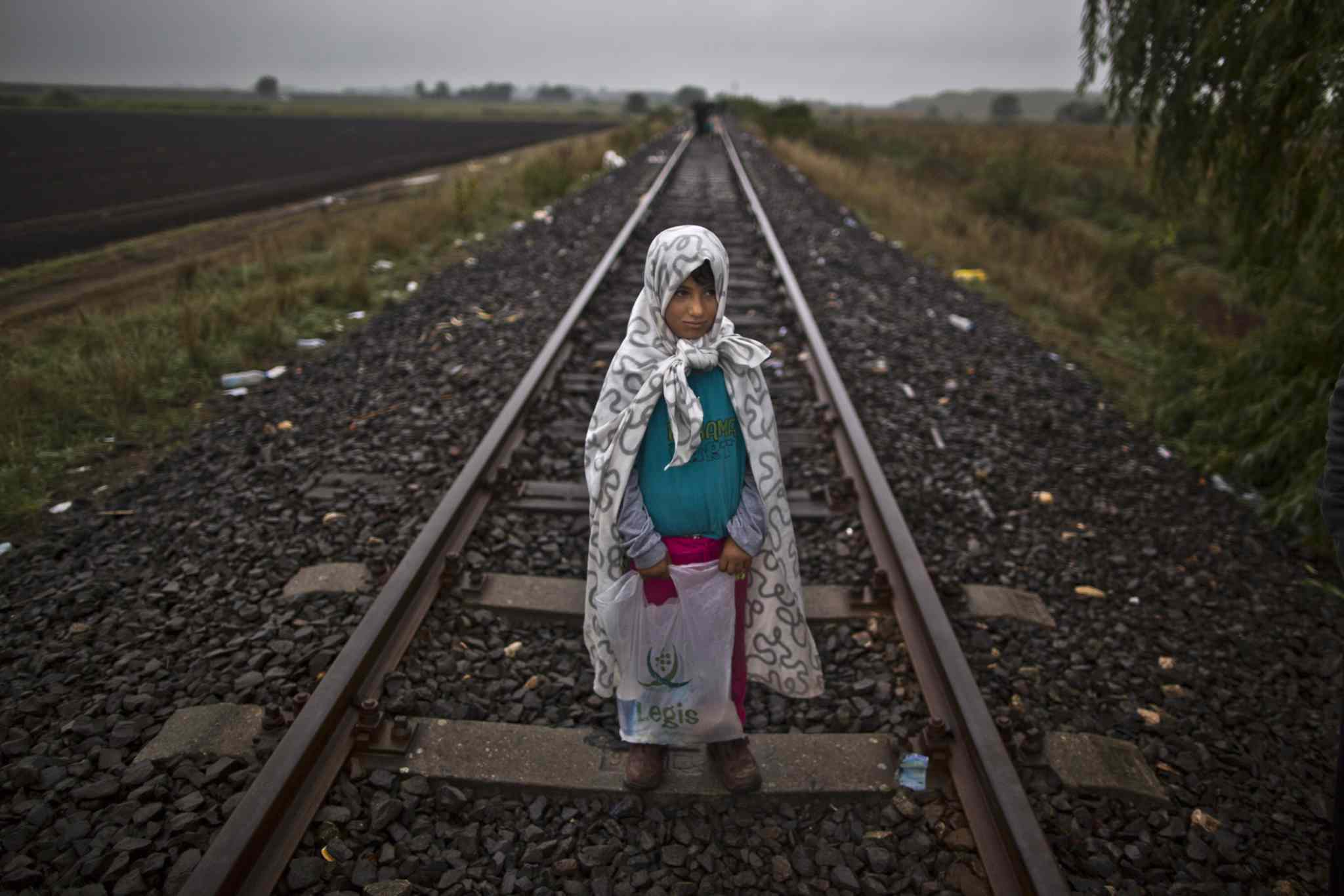Support strong Canadian climate journalism for 2025
In this new era of open and transparent government, Prime Minister Trudeau’s office has released the various Mandate Letters given to each member of Cabinet.
In my more than two decades of being an immigration, refugee and citizenship lawyer, this is the first time I have seen one. These instructions bear further analysis and provide a roadmap of where the Liberal government plans to go in the immigration, refugee and citizenship domain over the next year or more.
In addition to the addition of “refugees” in the change of name—the new ministry is now renamed “Immigration, Refugees and Citizenship”—the Mandate Letter clearly directs the Minister to “lead government-wide efforts to resettle 25,000 refugees from Syria in the coming months.”
No specific end date is given, unlike the public promises of December 31, 2015, so it seems like the government might be buying itself some wiggle room should the unprecedented numbers and tight time frame prove to be too much of a challenge.
In light of the recent Paris terrorist attacks and the concerns of some critics of the Syrian refugee plan, the government might take a pause to reconsider its security and selection evaluation processes.
Refugees will also have their Interim Federal Health Program benefits “fully” restored. This signals that the government will no longer fight refugee advocates and doctors in court to deny refugees health care protections. This would bring the government in compliance with a Federal Court ruling which found the cuts to be “cruel and unusual” and in breach of section 12 of the Charter of Rights and Freedoms.
This is a much needed change, in my view, to a very mean-spirited policy change undertaken by the Harper government.
In keeping with its promises during the election, the immigration plan for 2016-2017 will include a doubling of the quota for sponsoring parents and grandparents to Canada from 5,000 to 10,000 cases per year.
In addition, the age of dependency for children will be raised from 19 to 22. This will permit more immigrants to include their dependent children who under the current laws cannot be included on applications if they are over the age of 19.
The net effect of both changes will be to provide for more fulsome family immigration and family reunification. The problem with this announcement is its lack of clarity on whether further budgetary resources will be provided to speed up processing time. Currently, if a parent or grandparent is sponsored to immigrate to Canada, the processing time varies from a low of 22 months in Sao Paulo, Brazil (a low volume visa office) to 71 months in Beijing, China and 77 months in New Delhi, India (both are high volume visa offices).
This is in addition to the almost four years it takes to find the sponsor who fits eligibility criteria. Asking elderly parents and grandparents—who are often in their 60s and 70s— to wait over 10 years to immigrate to Canada makes a mockery of the family reunification goal. Clearly more funding is needed to speed up the processing stream.
A further family immigration-oriented change instructs the Minister to "bring forward a proposal regarding permanent residency for new spouses entering Canada."
While oddly worded, I think that this instruction refers to the government’s election promise to find ways to speed up the processing of spouses who are being sponsored to immigrate to Canada, for spouse currently inside or outside Canada. Processing times for spouses have continued to increase, which has been a source of much heartache and anxiety.
The Mandate Letter also instructs that the current $1000 processing fee for Labour Market Impact Assessments be eliminated (a source of relief for employers of temporary foreign workers) and that “a system of regulated companies” be developed to hire caregivers on behalf of families. The latter change recognizes that the current recruitment and hiring process for caregivers is broken and needs re-thinking.
Citizenship changes are also mandated so as to avoid “two tier” citizenship (a campaign promise) and the elimination of the citizenship declaration of “intent to reside” in Canada—which seemed to leave the door open to revoke citizenships at some time in the future.
Many concerns were raised by the Canadian Bar Association about “Bill C-24 – Strengthening Canadian Citizenship Act” which was passed into law and which now will need amending.
As usual, the immigration, refugee and citizenship portfolio promises to be a source of much focus and public interest in the upcoming year.




Comments